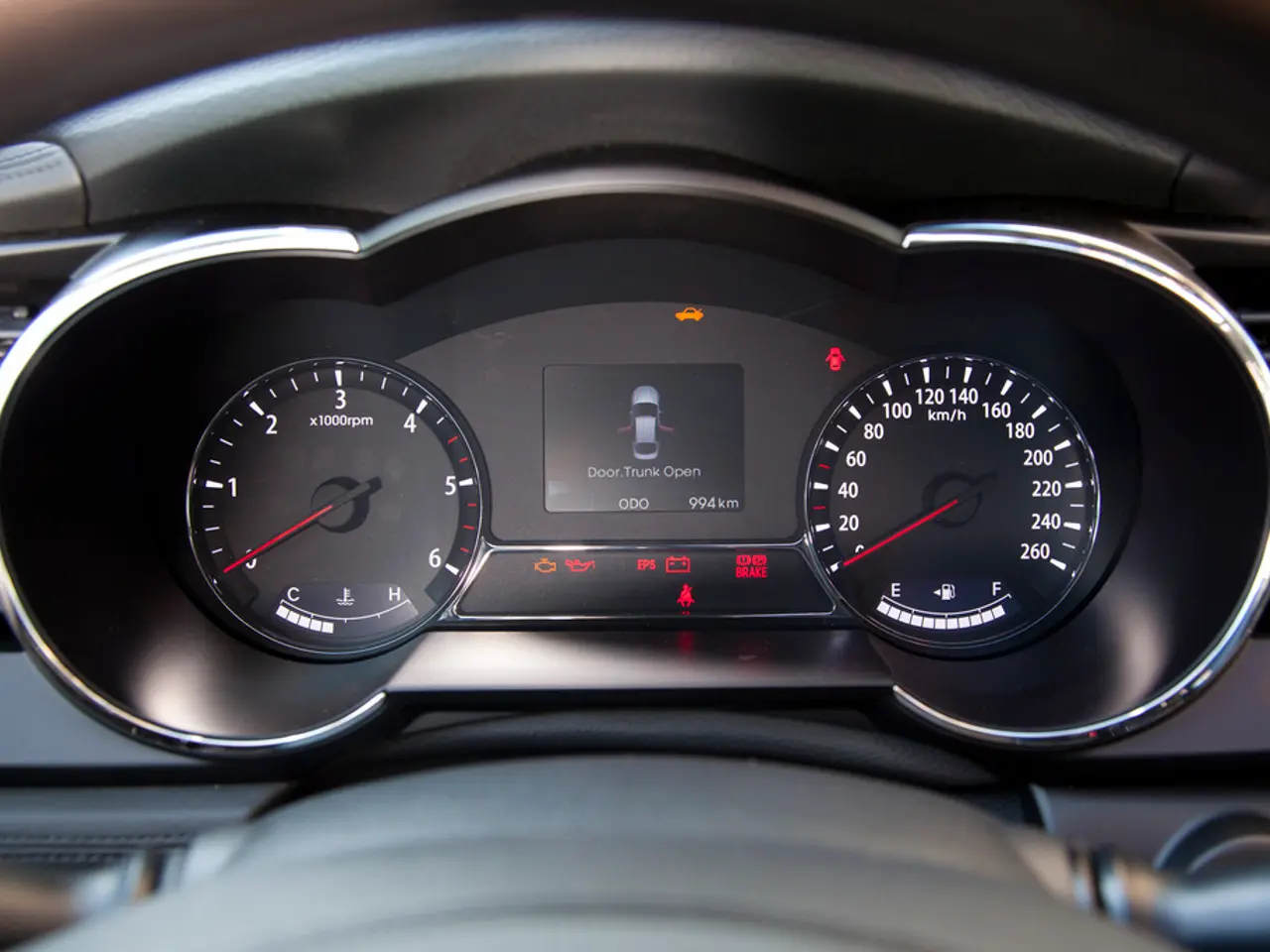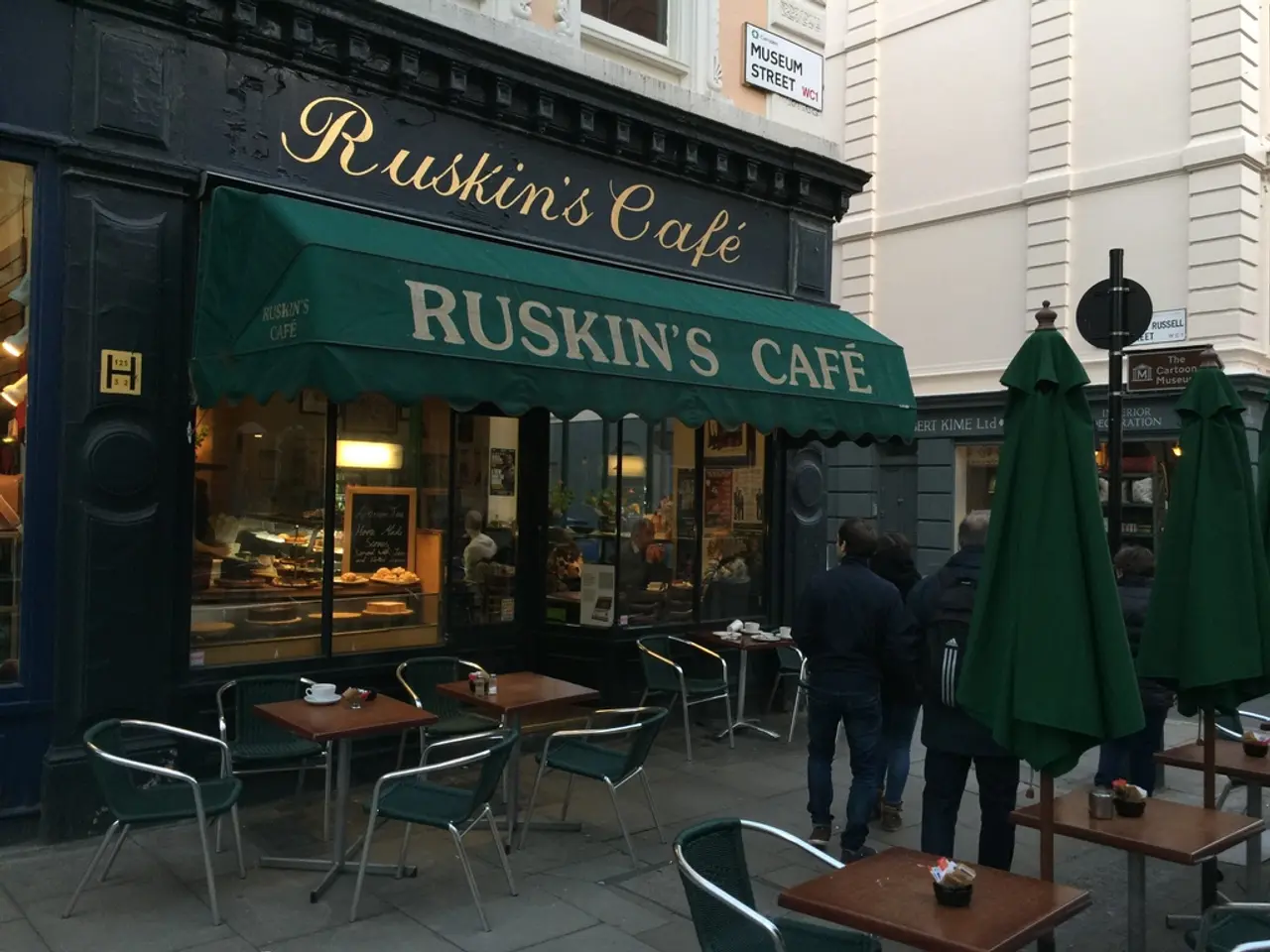EU Trump Supporters Aren't Spared by Imposed Tariffs
================================================================================
The recent US tariffs imposed on EU automotive imports, including those from Hungary and Slovakia, have significantly impacted their automotive industries by increasing export costs and reducing competitiveness in the US market.
Since April 2, 2025, the US has applied a 20% tariff on EU automotive imports under Section 232, with threats to increase rates up to 50%. This has caused substantial export losses estimated between EUR 1.5 and 7.5 billion for the EU automotive sector, which is heavily reliant on US exports of passenger cars and low-emission vehicles.
The tariffs have driven up costs per vehicle imported into the US by approximately $8,500 for EU vehicles, pressuring automakers' profitability and affecting major automotive manufacturing hubs in Hungary and Slovakia. Automakers have reported absorbing billions in tariff-related costs, leading to squeezed profit margins and disrupted supply chains.
Despite an EU-US agreement aimed at tariff reduction, tariff pressures remain high and unresolved. This prolongs uncertainty for automotive industries in affected EU countries like Hungary and Slovakia.
Hungary, home to global brands such as Volkswagen and Audi, and Slovakia, the world's largest automobile manufacturer per capita, are among those hardest-hit by these tariffs. The fresh tariffs are a disaster for cities like Gyor, one of the biggest employers in Hungary, which is home to various global brands and more than a dozen parts and component suppliers.
The aggressive posturing of Hungary and Slovakia in line with Trump's protectionist policies has isolated them among fellow EU countries, making compromises difficult. This isolation has been further compounded by Trump's prioritization of geopolitically influential figures in European dealmaking, making it difficult for smaller nations like Slovakia and Hungary to negotiate.
The Hungarian government is still assessing the impact of the tariff rates, but hopes upcoming business deals with Washington could mitigate the negative effects. However, the mayor of Gyor warned of possible cutbacks and layoffs in April. Zoltan Laszlo, a trade unionist representing workers at Nemak's Hungarian plant, has described the "American tariff slalom" as causing chaos in the car industry.
Slovakian Prime Minister Robert Fico was not spared the pain caused by the tariffs. The Slovakian auto sector, which employs over 100,000 people, could lose 10,000-12,000 jobs due to the tariffs, according to analyst Matej Hornak.
Brussels-based geopolitical analyst Botond Feledy predicts more headwinds for Hungary and Slovakia. The vulnerability of their automotive industries to US trade policy shifts underscores the need for these countries to diversify their export markets and strengthen their negotiating positions in future trade disputes.
References: 1. EU Observer 2. Reuters 3. Autocar Professional
- The ongoing US tariffs on EU automotive imports, discussed in reports from EU Observer, Reuters, and Autocar Professional, have led to political discussions about the need for Hungary and Slovakia to diversify their export markets to reduce their reliance on the US market, due to the significant impact the tariffs have had on their automotive industries.
- General-news articles from EU Observer, Reuters, and Autocar Professional have highlighted the potential increased political tensions between the EU and the US, as hard-hit countries like Hungary and Slovakia, isolated by Trump's protectionist policies, seek to negotiate more favorable trade agreements to protect their industries, such as the automotive sector, from the impact of tariffs.








